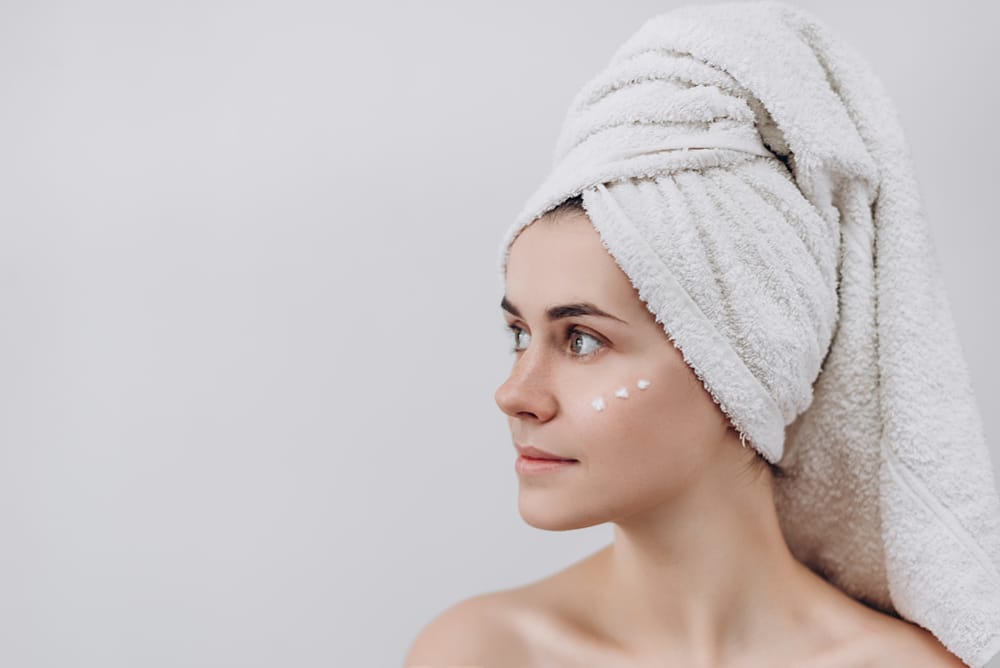By David Saunders, Health Editor | UPDATED: 08:28, 26 June 2020
For years, companies and consumers have argued the safety of the ingredients in our favourite cosmetics.
So much so, that this chemophobia has resulted in a booming demand for ‘natural’, ‘clean’ and ‘chemical-free’ alternatives.
But do we really know the difference between a safe ingredient, and a potentially harmful one?
Showerstoyou.co.uk sought to answer this, by testing 2,014 Brits on their knowledge of common ingredients.
Respondents were shown 10 ingredients* and asked to identify their use in products, choosing from three options.
They were then asked to identify the potential risks of each, using the same method. An average of correct answers for both questions was calculated.
What do the results show?
Astoundingly, only 41% could (59% couldn’t) identify the purpose of these 10 ingredients*.
More shockingly, only 37% could state the potential risks they carry. That’s almost two thirds (63%) of respondents who were completely unaware of carcinogenic, allergenic, and reproductively toxic properties** associated with some ingredients included in their favourite products.
-
63% of UK consumers are unaware of potential health risks in common cosmetic ingredients.
-
Over half (56%) don’t check the ingredients before buying a product.
-
59% are unable to identify ingredients and their uses.
Two thirds (66%) in favour of more transparency in the beauty industry.
Some examples of results include:
-
Triethanolamine – 23% were aware of risks (skin and eye irritant with continuous use, and potentially carcinogenic when mixed with other ingredients).
-
Zinc oxide – 30% were aware of risks (lung inflammation in high concentrations/inhalations, nano particles alleged to penetrate skin).
-
Titanium dioxide – 19% were aware of risks (endocrine-disrupting effects, can cause asthma, potentially carcinogenic, and nano particles alleged to penetrate the skin)***.
In light of this, Showerstoyou.co.uk also investigated further consumer attitudes towards the cosmetics industry:
The survey reveals that British consumers don’t appear to consider what they’re buying. Over half (56%) of respondents stated they don’t check the ingredients of a product before buying it, with 25% saying they do, and 19% stating sometimes.
A significant number believe the cosmetics industry should be more regulated to avoid potentially dangerous ingredients. When asked, over half (61%) said yes, 21% said no and 18% said it depends on the ingredient.
And not only more regulated, but consumers also strongly favour transparency. An astonishing 66% agreed that brands and manufacturers should share more of their processes, and list all ingredients in their products. This is compared with 24% who disagreed, and 10% who said they weren’t sure.
Finally, consumers were asked whether they think governing bodies should have more control over the cosmetics industry, with 50% saying yes. Others were less emphatic, with 27% suggesting they should have power in some areas, and 23% disagreeing.
Article is brought to you fromhttps://www.showerstoyou.co.uk
